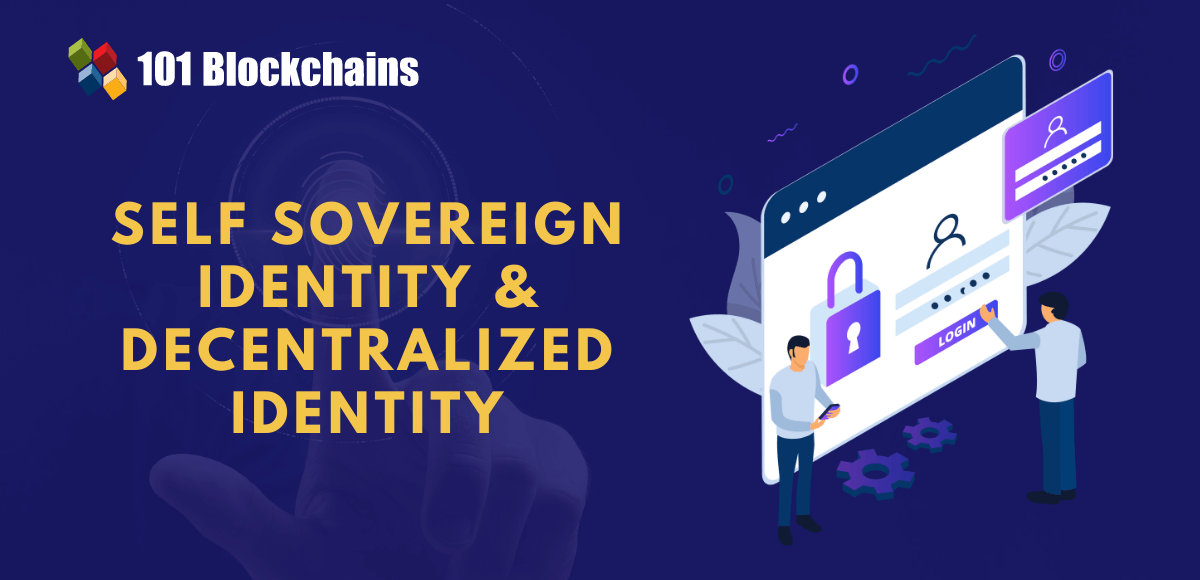Let’s look at a few statistics first:
- The first Initial Coin Offering (ICO) was held in 2014 for the Ethereum project. However, within just three years, i.e. in June 2017, blockchain and cryptocurrency start-ups raised more money via the ICO-route than traditional means such as venture capital (VC) investment!
- In 2017, ICOs have raised US $ 5.6 billion!
With such large amount of fund raised by the ICOs, many industry-watchers have a question “What is an ICO?”
ICOs have become an important means to raise funds for the blockchain and cryptocurrency start-ups. They have a similarity with Initial Public Offerings (IPOs) in that they also offer a stake in the project to the public. However, the method, risks, and rewards of the ICOs are very different.
Want to learn blockchain technology in detail? Enroll Now in Certified Enterprise Blockchain Professional (CEBP) Course
What is an ICO: a working definition
An ICO is a way of fundraising in an unregulated environment. The traditional means of raising funds from VCs or going the IPO route involve significant rigors due to the stringent regulations and the blockchain-crypto start-up bypasses those with ICO.
The start-up sells a portion of the crypto tokens to the early supporters of the project. They raise the funds in the form of fiat currencies such as US $, or well-known cryptocurrencies such as Bitcoin or Ether.
The start-up project team creates a whitepaper where they explain the project and what market opportunity it will address, or what business problem it will solve. The whitepaper also describes the technology, why a crypto token is needed at all, the project roadmap and the amount of fund required to complete the project.
Additionally, the whitepaper details the project governance, the timeline for the ICO, the currencies accepted in the ICO, and what percentage of the crypto token will be sold in the ICO. The whitepaper describes how the remaining tokens will be allocated, also whether there will be a private sale ahead of the ICO, i.e. a phase where a select few investors buy a large number of tokens at a lower price.
During the ICO the investors buy tokens using fiat or cryptocurrencies. If the ICO is able to raise the ‘soft cap’, i.e. the minimum desired fund, or more than that, the project is taken to its completion. If a project team is unable to raise the ‘soft cap’, the ICO is considered unsuccessful and the funds are returned to the investors.
Want to become a bitcoin expert? Enroll Now in Getting Started with Bitcoin Technology Course
Pros and cons of ICO:
The start-ups have the following advantages with ICO:
- Positive network effect: Often the crypto projects are distributed apps (DApps) and more users often benefit the users, which is an advantage of an ICO.
- The start-up can raise funds easily and quickly since there is no entry barrier, it’s easy to customize a crypto token and launch ICO using platforms like Ethereum, Waves, or Stellar.
- The entire marketing is digital using the company website, social media, messaging apps, and other online forums.
- The project team uses their blockchain to manage the funds raised and distribute the tokens, and it’s automated and easy.
The investors have plenty of advantages with ICO as well, for e.g.:
- If the cryptocurrency becomes popular, then most crypto exchanges will list it, thus providing high liquidity.
- Anyone can invest in an ICO, unlike the scenario with the VC funds, which are geographically concentrated in the financial hubs such as New York City or Silicon Valley.
- As evident from the meteoric rise in the prices of many cryptocurrencies in 2017, the investor has a good chance of making a profit if the value of the coin appreciates.
However, ICOs also pose the following risks:
- Uncertainty: Often the start-up launching the ICO doesn’t have a product ready, and while the whitepaper may describe the technology well there is no guarantee that the product can be built.
- The price of the crypto token may not be based on the robustness of the product or business plan, rather may be based on an expectation of resale profit. If the project doesn’t have fundamental economic value, this may cause a bubble.
- Crypto market is highly volatile, due to its speculative nature.
- Market manipulation tactics such as ‘pumping and dumping’ in the crypto market pose a high risk, especially for small investors.
- ICOs are unregulated, the investor has no legal recourse if funds are lost.
- The anonymity offered by many cryptocurrency projects pose a risk because criminals may misuse the ICO for money laundering.
- Regulations differ by country and are under formulation in many countries, and it’s unknown whether ICOs will be allowed in a particular country in the future.
Get familiar with the terms related to cryptocurrency with Cryptocurrency Flashcards
Launching an ICO:
Assuming the management team is in place, and the start-up has a business plan with a technology solution, the following steps are required to launch an ICO:
- Build a competent legal team that reviews the regulatory aspects of the jurisdiction of the company, whether the token is a security, know-your-customer (KYC), and anti-money-laundering (AML) requirements, and takes the necessary actions.
- Customize the crypto token, which can be done in various ways. The project team may choose to build the blockchain platform and the token from scratch. Alternatively, they might choose to use a blockchain platform like Ethereum, and develop their token and product, taking advantages of the Ethereum Virtual Machine (EVM), ERC20 standards, and the programming language Solidity for coding the smart contracts. Yet another popular option is to use ICO platforms like ICONOMI that make the process of launching an ICO very easy.
- Assemble a good marketing team to aggressively market the ICO, through social media platforms, messaging apps like Telegram, and online forums like Reddit. The team should ensure a high-quality whitepaper and easy-to-understand website.
Excited to learn the basic and advanced concepts of ethereum technology? Enroll Now in The Complete Ethereum Technology Course
Resource to know about ICO best practices:
Whether a start-up project team or investor, it’s important to know sufficiently about ICOs before launching one or investing in one. A recommended read is this article, which also lists some of the most successful ICOs in the history of blockchain and crypto ventures.
Join our annual/monthly membership program and get unlimited access to 25+ professional courses and 55+ on-demand webinars.
*Disclaimer: The article should not be taken as, and is not intended to provide any investment advice. Claims made in this article do not constitute investment advice and should not be taken as such. 101 Blockchains shall not be responsible for any loss sustained by any person who relies on this article. Do your own research!




